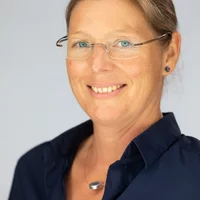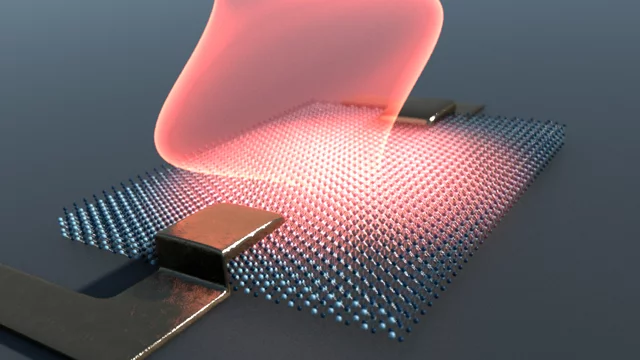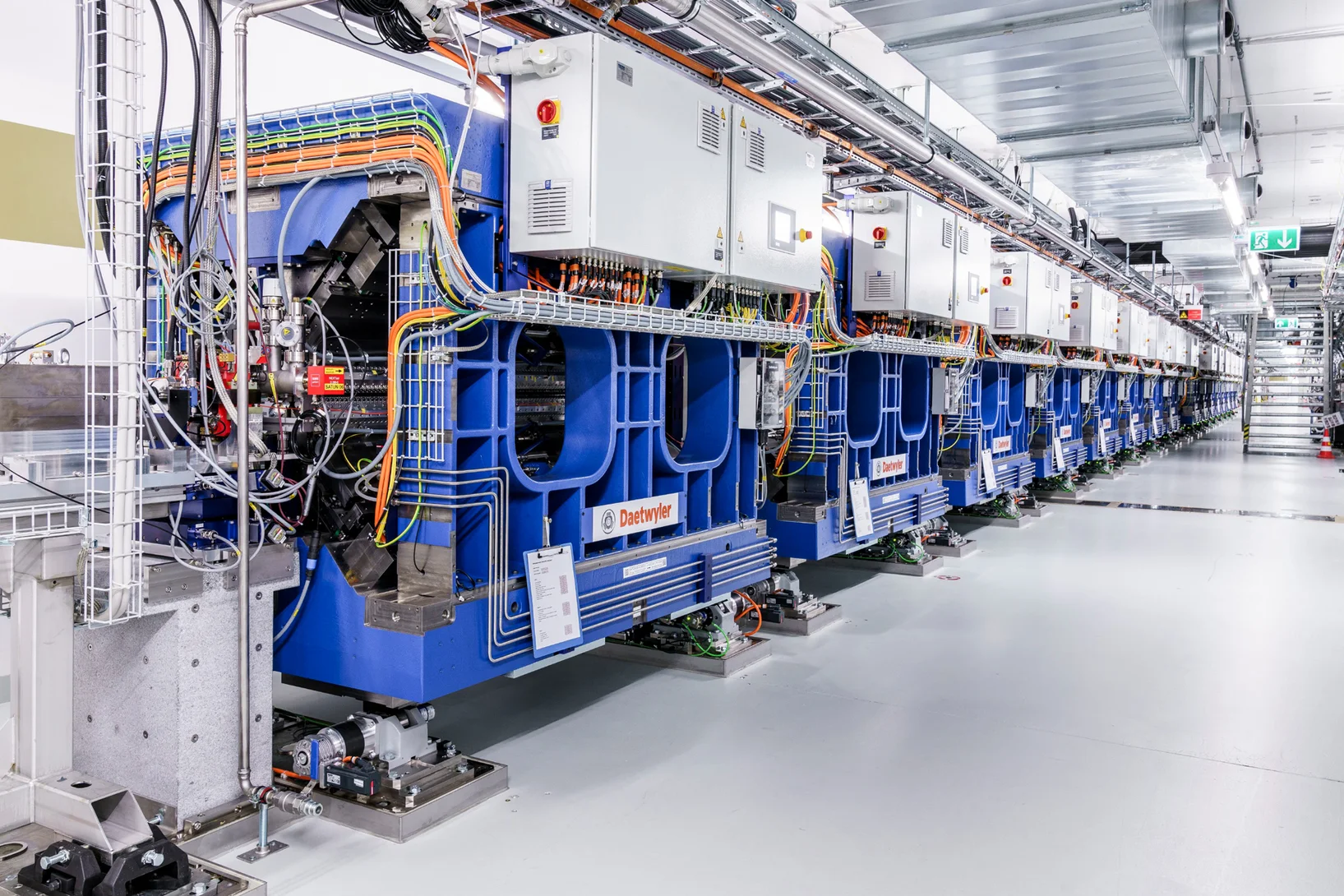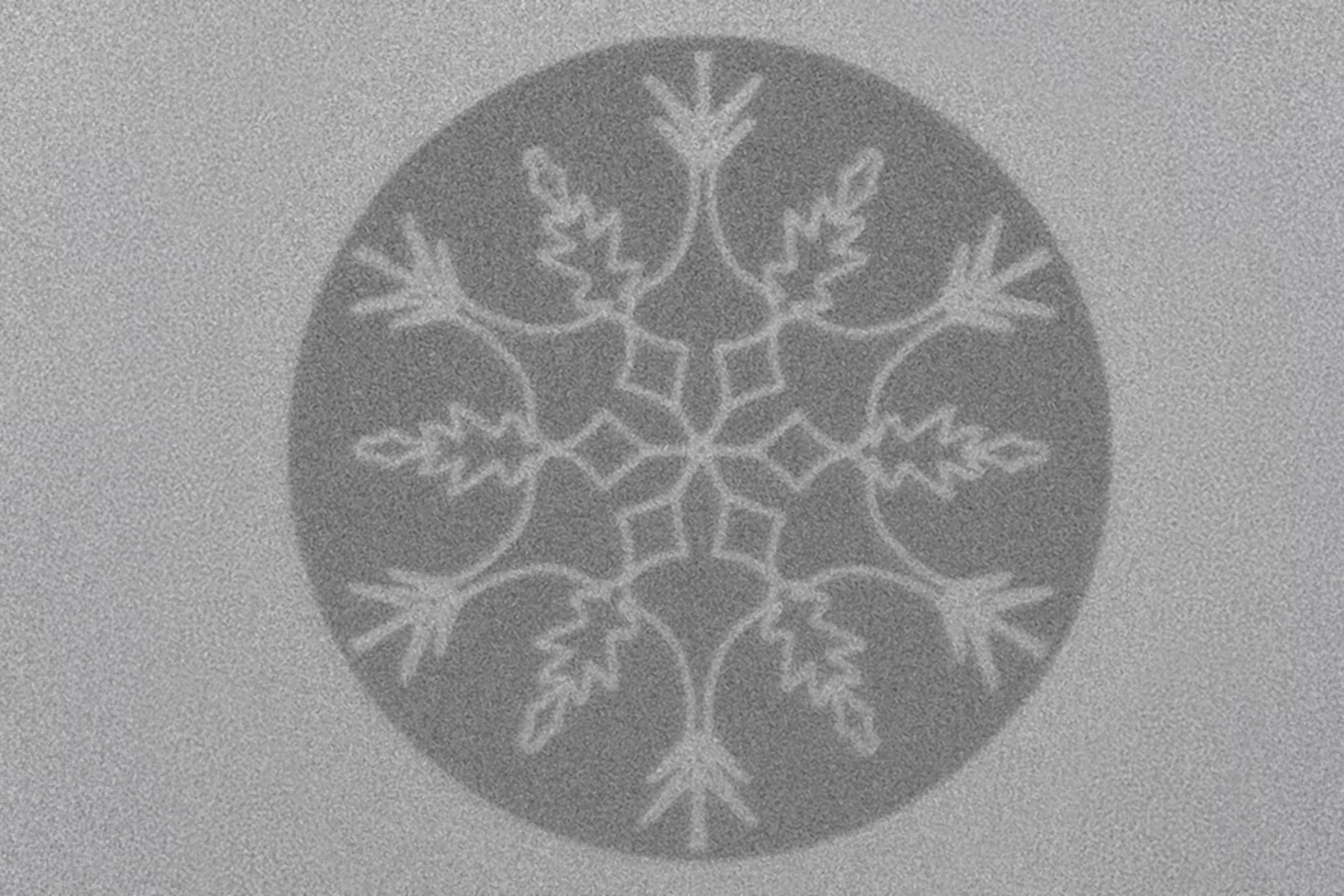The PSI Laboratory for X-ray Nanoscience and Technologies develops and applies X-ray instrumentation at large-scale facilities using advanced micro- and nanotechology.
Lab News & Scientific Highlights
Welcome to LXN Simone Emiliani
Herzlich Willkommen Simone Emiliani im LXN!
Synchronising ultrashort X-ray pulses
Attosecond coherent pulses at SwissFEL will open new experimental possibilities
Laser draws made-to-order magnetic landscapes
Researchers at PSI have found a surprisingly inexpensive and fast method to make localised alterations in magnetic materials.





